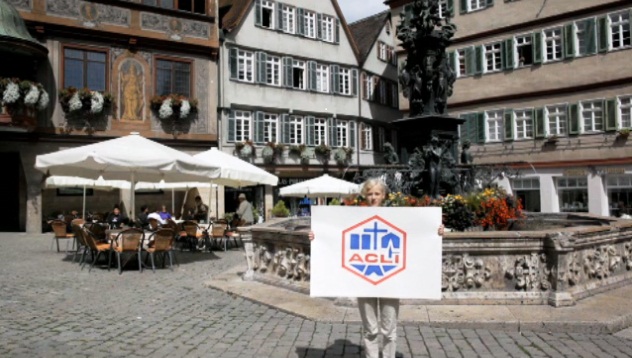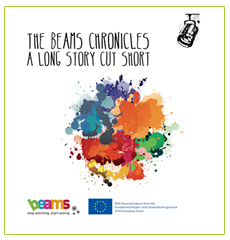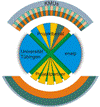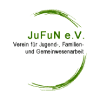acli e. V.
September 2011 | in German language
acli e. V. — Four contributions
Ms. Gabi Giellessen, teacher and project partner
“The ACLI, Italian Christian Workers Association, is a non-profit organisation that was born in the year 1944. As a responsible part of civil society the ACLI develops projects supporting Italian migrants, young and unemployed people, encouraging their active citizenship.”
Ms. Emanuela Tierno, association member, project assistant
“Since mid-1960s, the ACLI is present in Germany. Our objective is to support workers’ education and to promote educational, vocational and social integration of young migrants into our labour markets and societies that are getting more and more European. We are involved in major activities, such as organizing language training; vocational education offers for long-term unemployed, vocational guidance and counselling as well work experiences in Germany and abroad.”
Mr. Norbert Kreuzkamp, vice president
“Our world is always moving, getting more and more colourful and complex. With its cross-border projects and activities the acli e. V. – a self-help non-profit organisation of migrants and intercultural workers – wants to promote people with and without migration experiences to become fit for the future. We develop key competences, enable and explore cross-cultural and international learning, across different kinds of borders. With our activities we hope to contribute that “a decent work and a good life for all” might become a credible and realistic prospect for many people, not only here but also in Europe and elsewhere.”
Mr. Matteo Conti, project partner
“The REDshift project is about the eight key competences, the European Union recommends as a reference tool. The according knowledge, skills and attitudes are supposed to be of fundamental importance for each citizen. They are considered an asset, both for the labour market as well as for social cohesion and active citizenship. The proposed e-learning platform should facilitate the acquisition of skills and the success of life-long learning activities.”





 acli.de on facebook
acli.de on facebook 

















 German
German English
English Italian
Italian